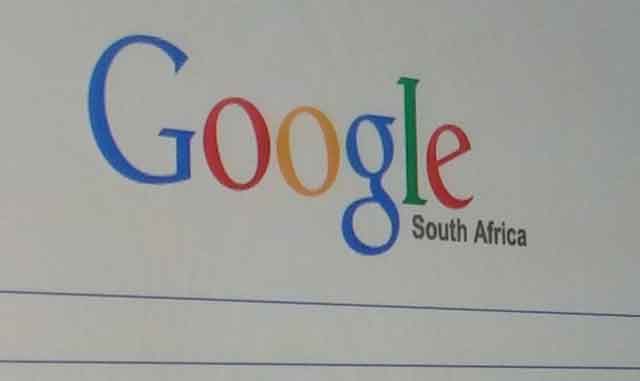
Google faced a new antitrust attack from European Union regulators who allege the search engine skews results in its own favour and unfairly restricts rival online advertising platforms.
The European Commission sent the Alphabet unit two statements of objections Thursday, widening a five-year probe and delaying a threat of fines. It adds to an antitrust complaint over Google’s mobile phone software Android earlier this year.
EU regulators said they have “a broad range of additional evidence and data” to reinforce their view that Google systematically favours its own comparison-shopping service in its general search results. The company’s conduct “has weakened or even marginalised competition from its closest rivals”, they said in a statement.
Google also hindered competition for online ads with its AdSense for Search product to place advertising on websites, including retailers, telecommunications operators and newspapers, the EU said. Google prevented customers from accepting rival search ads from 2006 and maintained restrictions on how rival ads were displayed when it altered contracts in 2009.
“We believe that our innovations and product improvements have increased choice for European consumers and promote competition,” Google said in a statement on Thursday. “We’ll examine the commission’s renewed cases and provide a detailed response in the coming weeks.”
The EU has expanded its investigations into Google’s business practices since Margrethe Vestager took over as the bloc’s antitrust chief in late 2014.
“This demonstrates her determination to pursue the matter vigorously and to follow the investigation wherever it leads,” said Thomas Vinje, a lawyer with Clifford Chance who represents FairSearch Europe, whose members include Expedia and Nokia.
“Additional statements of objections have proved necessary in several other complex, high-profile cases against determined opponents, including both Microsoft and Intel in the early 2000s,’ he said.
The probe targeting advertising could affect Google’s revenue stream more than either of the other two probes. Google’s AdWords, which displays promotions alongside query results and web content, has been a key driver in helping Alphabet Inc.’s Google grow its sales. Most of Google’s US$74,5bn in 2015 revenue came from advertising.
The shopping search probe, opened in 2010, alleges that Google doesn’t subject its shopping service to its algorithm which ranks search results on quality and relevance to the user. It may also set a precedent for other services, such as flight, travel and mapping.
Aside from Google antitrust scrutiny on at least three fronts — search, advertising and Android — the EU is also probing complaints on its use of copyrighted content from publishers. EU technology regulators have hinted at possible rules on legal liability for online platforms like Google. — (c) 2016 Bloomberg LP
- Reported with assistance from Stephanie Bodoni

